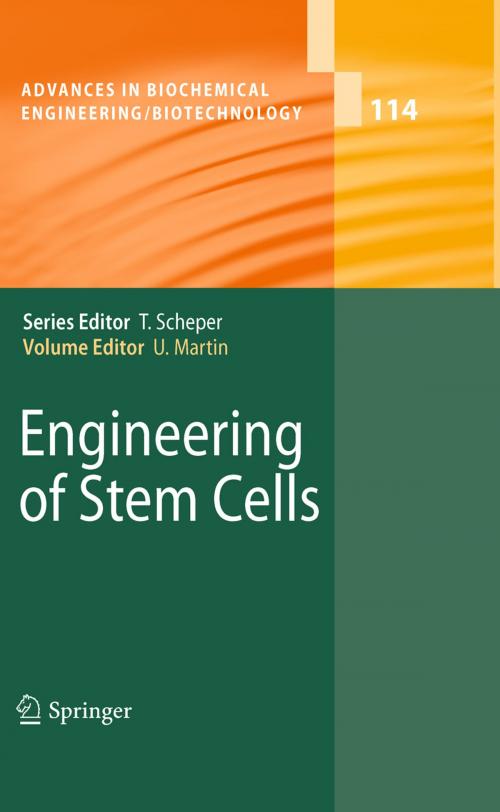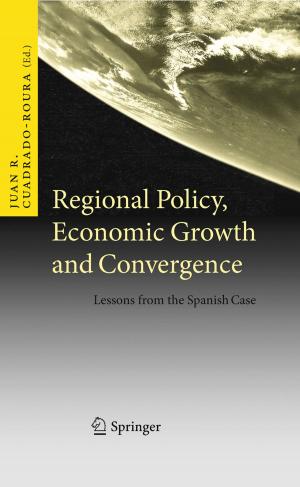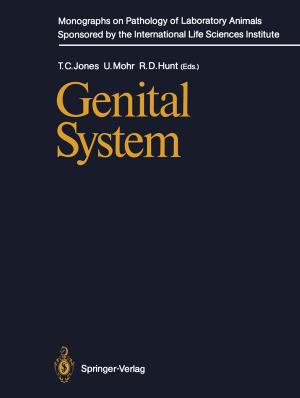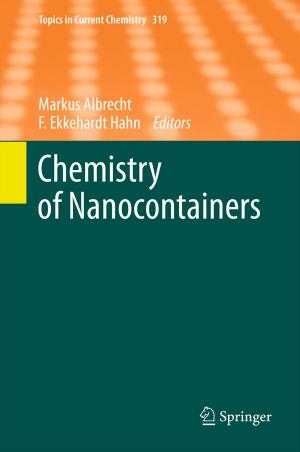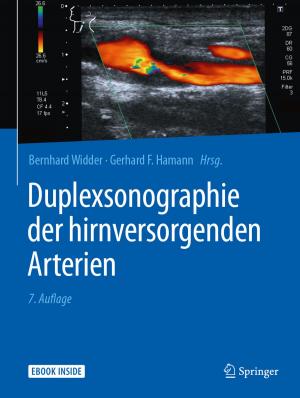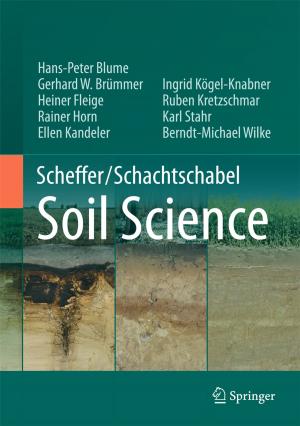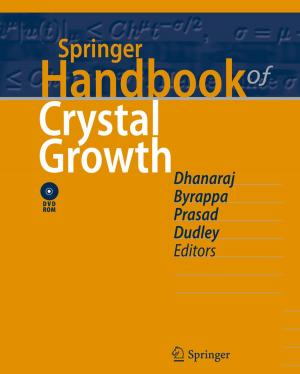Engineering of Stem Cells
Nonfiction, Science & Nature, Science, Biological Sciences, Biochemistry, Biotechnology, Technology| Author: | ISBN: | 9783540888062 | |
| Publisher: | Springer Berlin Heidelberg | Publication: | September 25, 2009 |
| Imprint: | Springer | Language: | English |
| Author: | |
| ISBN: | 9783540888062 |
| Publisher: | Springer Berlin Heidelberg |
| Publication: | September 25, 2009 |
| Imprint: | Springer |
| Language: | English |
I am very pleased to present this volume on engineering stem cells in Advances in Biochemical Engineering and Biotechnology. This volume stays abreast of recent developments in stem cell biology and the high expectations concerning the dev- opment of stem cell based regenerative therapies. Regenerative medicine is the focus of current biomedical research, with unique challenges related to scientific, technical and ethical issues of stem cell research, and the potential added value of connecting biomedicine with enabling techno- gies such as materials sciences, mechanical- and nano-engineering. Research activities in regenerative medicine include strategies in endogenous regeneration of injured or degenerated tissues by means of gene therapy or cell transplantation, as well as complex approaches to replace or reconstruct lost or malformed tissue structures, by applying tissue engineering approaches. In most cases, the speci- ized functional cell types of interest cannot be isolated from the diseased organ or expanded to a sufficient degree, and various stem and progenitor cell types rep- sent the only applicable cell source. In almost all cases, stem cells have to be engineered, sometimes for functional improvement, in many cases to produce large numbers of cells, and frequently to achieve efficient and specific differentiation in the cell type(s) of interest.
I am very pleased to present this volume on engineering stem cells in Advances in Biochemical Engineering and Biotechnology. This volume stays abreast of recent developments in stem cell biology and the high expectations concerning the dev- opment of stem cell based regenerative therapies. Regenerative medicine is the focus of current biomedical research, with unique challenges related to scientific, technical and ethical issues of stem cell research, and the potential added value of connecting biomedicine with enabling techno- gies such as materials sciences, mechanical- and nano-engineering. Research activities in regenerative medicine include strategies in endogenous regeneration of injured or degenerated tissues by means of gene therapy or cell transplantation, as well as complex approaches to replace or reconstruct lost or malformed tissue structures, by applying tissue engineering approaches. In most cases, the speci- ized functional cell types of interest cannot be isolated from the diseased organ or expanded to a sufficient degree, and various stem and progenitor cell types rep- sent the only applicable cell source. In almost all cases, stem cells have to be engineered, sometimes for functional improvement, in many cases to produce large numbers of cells, and frequently to achieve efficient and specific differentiation in the cell type(s) of interest.
